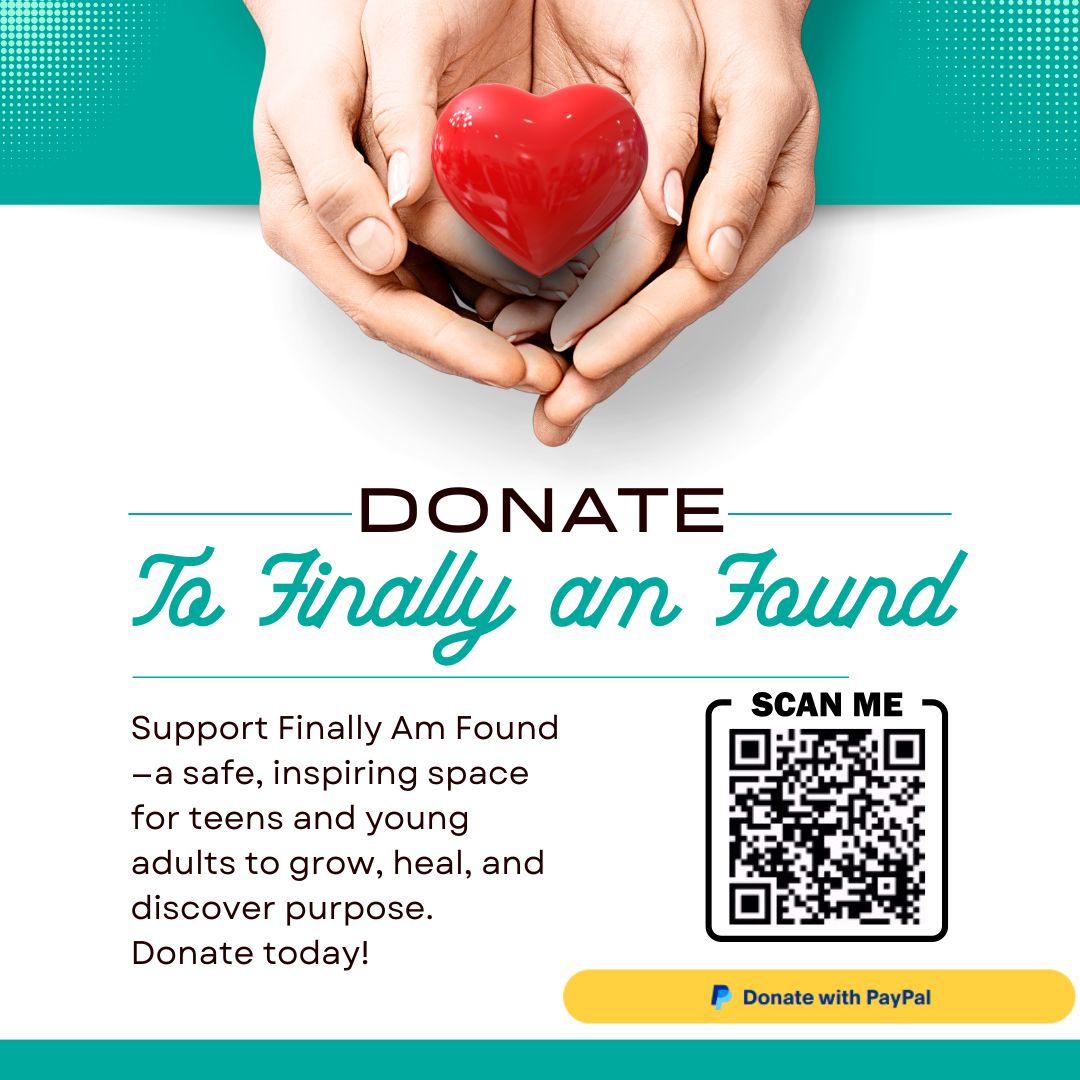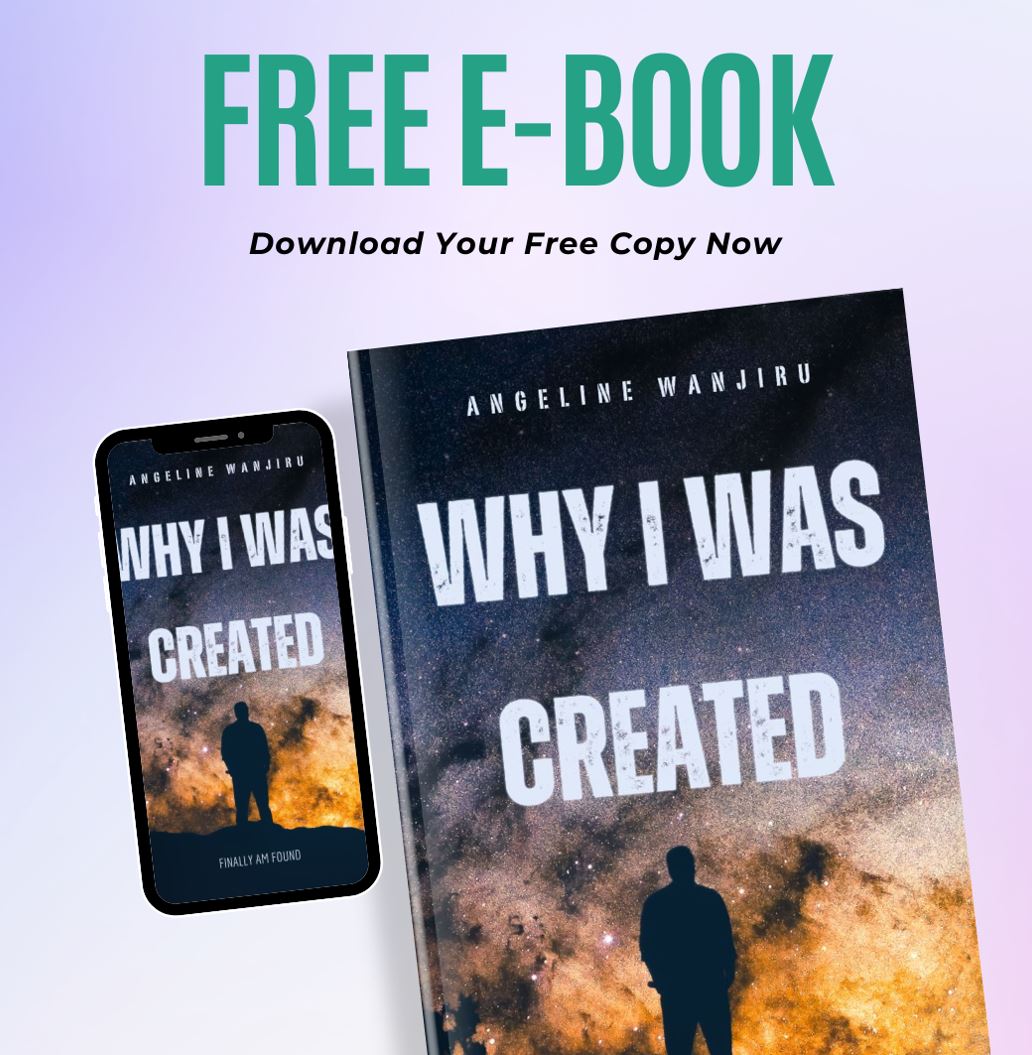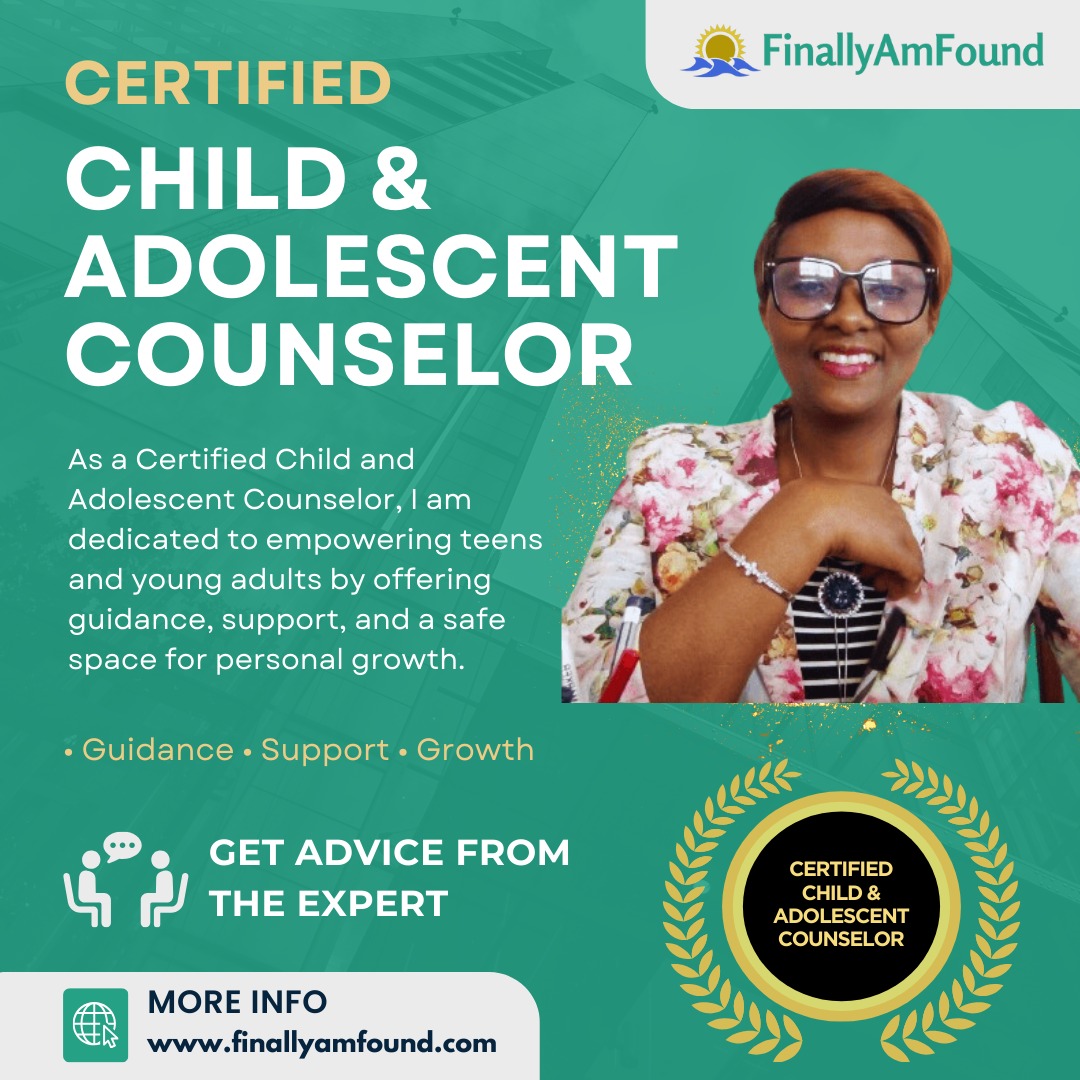Childhood trauma refers to the negative effects of the painful experiences that a person may have gone through during their childhood or intrauterine life. It distorts the way you perceive yourself, others, and your environment. Your soul becomes broken, and it leaves scars, creating a disconnect from your feelings. These effects may resurface later in life after the traumatic event occurred. It’s like an unhealed wound that reopens with the slightest pressure, causing ongoing pain and disability. Emotional wounds that were never healed during childhood can continue to impact a person’s life well into adulthood and may also manifest physically. Behaviorally, they live their lives trying to justify their existence.
A Story of Overcoming Childhood Wounds
There is a young woman in her twenties (she has allowed me to share this) who sought my counsel because she felt lost. She discovered that she was 5 months pregnant while in college, and her single mother was struggling to make ends meet. She expressed not feeling regret, but rather a sense of pain and confusion. The young woman confirmed that one morning, on a weekend, she left her hostel room and went to a male friend’s quarters. She entered and told the young man that she wanted to have sex with him. The boy was surprised. In short, she became pregnant, and the father of the baby rejected her.
What were you thinking when you chose to pursue this young man?’ I inquired. She responded that she wanted him to recognize her ability to pursue her desires and not allow men to dictate them. Additionally, she wanted him to act like a man, not a boy (this was her inner pain speaking). She also admitted to fighting with boys during her junior school years, and her grades were never appealing.
When I asked about her father, she told me she remembers him throwing a lantern lamp at her mother and leaving when she was 5 years old. She never saw him again, and she also said she doesn’t hold any grudge against him. But clearly, there was an emotional wound created unconsciously that negatively influenced her choices and needed healing. She began her journey to recovery and now, the young woman has made significant progress: she completed college, started a business, and is now married with a 2-year-old child. We can see her value in this world.
The Importance of Early Healing
The sooner you realize that you need healing, ideally in your teens or twenties, the better. It’s important to address any emotional or psychological wounds early on in life so that they don’t fester and negatively impact your future relationships and mental well-being. Seeking healing and therapy at a younger age can help you develop healthier coping mechanisms and a stronger sense of self-awareness. Don’t wait until it’s too late to address your pain and struggles—the sooner you start the healing process, the better off you’ll be in the long run.
The Broad Effects of Childhood Trauma
Did you know that childhood trauma is not just about what happened to you, but also what happened inside you? It’s a complex and often misunderstood phenomenon that can have a lasting impact on your life. The psychological injuries persist into adulthood, resulting from painful experiences during childhood, some of which you may not even remember. These injuries register unconsciously in a child’s mind, affecting their well-being throughout life.
Childhood trauma can take on different forms and result in a range of negative consequences for individuals. These may include conditions like anxiety, depression, post-traumatic stress disorder, fear, low self-esteem, and eating disorders. Additionally, people who have experienced childhood trauma may develop negative coping mechanisms like substance abuse, alcoholism, narcissism, racism, bullying, or self-harm, believing that when they bleed, the pain comes out. The effects of childhood trauma can persist into adulthood, influencing personal and professional relationships, as well as the overall quality of life. Moreover, it can create a feeling of disconnection from God.
The Road to Recovery
When you realize that you have childhood trauma, seek help. Just by scrolling through this article, you’ve already taken a great step towards the healing process and moving forward to build a positive and fulfilling future. We aim to provide a safe and supportive environment to help you along this journey. Remember, childhood trauma can impact your physical health as well. Individuals may experience chronic pains, cardiovascular issues, some autoimmune diseases, allergies, and other health problems due to their past experiences. Additionally, childhood trauma can affect cognitive functioning, leading to difficulties in concentration, memory, and decision-making.
Common Causes of Childhood Trauma
Below are some of the causes of childhood trauma, although this list is not exhaustive:
- Physical abuse
- Sexual abuse
- Emotional torture
- Death of a parent
- Violence in the family
- Parents who are jailed or separated
- Mentally or physically ill parent
- Poverty
- War
- Parents showing favoritism towards one child while mistreating another
- Challenging divorce
- Food deficiencies
These factors affect people differently; some may be impacted by one, while others experience several. Even children from loving and safe families can experience childhood trauma if their specific needs are not met. For example, emotional needs such as being comforted when distressed, being seen, recognized, and heard, or being allowed to express their full range of emotions without being stopped in the name of discipline. Trauma can also be found even in good people, but they can be even better when they tackle the small signs they see in themselves.
In short, childhood trauma is about what happened that shouldn’t have happened or what didn’t happen that ought to have happened.
Finding the Path to Healing
Certain types of trauma may result in self-healing, much like physical wounds. However, others may resurface with even minor triggers, potentially leading to the formation of keloids. It is imperative to take appropriate action to facilitate complete healing and prevent unfavorable outcomes.
The path to recovery starts with finding your identity in Christ, which provides a strong foundation for living a fulfilling life. It’s easy to get lost in the chaos, confusion, and hopelessness that trauma can bring. However, when you find your identity in Christ, you discover a sense of purpose and belonging like never before.
To identify if you have a problem, examine your perception of yourself and others, how you relate to people, and your daily performance. This self-examination can be done through meditation. It’s said that an unexamined life is not worth living. It’s a process that requires dedication, but for some, the awakening comes through a moment of grace, almost effortlessly.
Forgiveness is key to the healing process. By forgiving yourself and others, you can release yourself from feelings of resentment, guilt, and anger, and open yourself to a more peaceful and satisfying life. It can happen instantly or take time, but it’s essential for healing.
Be ready and conscious enough to unlearn and learn better. This involves acknowledging the impact of past experiences and learning to reframe negative beliefs and behaviors into healthier coping mechanisms.
Remember, God is your father, and His love for you is beyond compare. He always wants you to be happy. Unfortunately, negative experiences and emotions can hinder this God-given joy. But you can take action to overcome these experiences and call forth the joy that was always within you.
Seeking Support and Help
Have a one-on-one conversation with someone who can assist you on the path to recovery; we’re here to help you.
Remember, you may have done evil, but you are not evil. You are a good person. We are here to help you transcend your early limitations, whatever they were, and help you recognize your magnificence and divinity, no matter what they told you. So, work on overcoming your negative beliefs to find your true self and live the life you deserve.
Hey, I’m Angeline, your RN and founder of Finally Am Found. With a heart for mentorship, I’ve been guiding teens and young adults since 2017. As a Registered Nurse, I blend medical expertise with personal experiences to create a Christ-aligned space for self-discovery. Connect with Angeline on Facebook and let the journey to self-discovery begin!

















Hey people!!!!!
Good mood and good luck to everyone!!!!!
I have been browsing on-line greater than three hours lately, but I never discovered any attention-grabbing article like yours. It?¦s beautiful value enough for me. Personally, if all website owners and bloggers made good content as you probably did, the internet will be much more useful than ever before.
Wow, thank you so much for your kind words, It’s truly humbling to hear that my content stood out to you. I’ll keep striving to create meaningful and valuable posts. Your encouragement means a lot—thank you for taking the time to share this.
Thanks for the good writeup. It in truth used to be a amusement account it. Glance advanced to far introduced agreeable from you! However, how can we be in contact?
Thanks for the lovely comment, I’d love to hear your thoughts or feedback anytime. Let’s stay connected—my inbox is always open